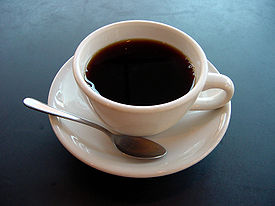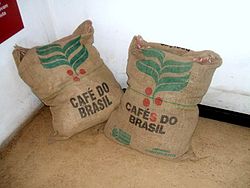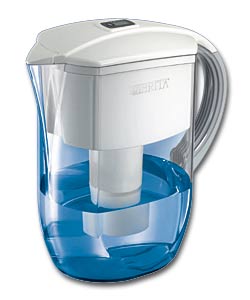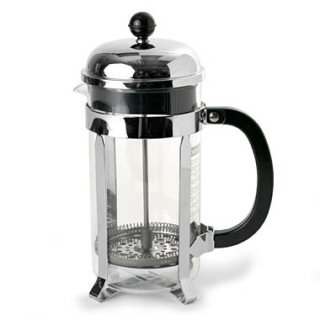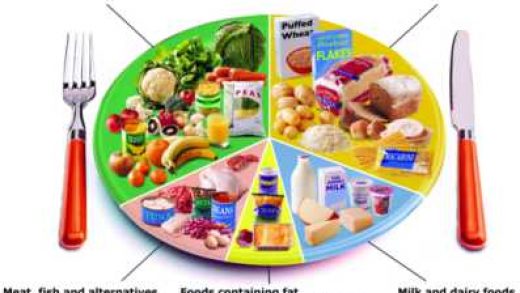To me, coffee is one of those simple pleasures in life. To many, it is an absolute lifeline. I can’t really start the day without at least one good-sized mug’s worth. I also have to admit that I’m not always that picky. Sometimes a bad cup of coffee is better than no coffee at all.
On the other hand, a really good cup of coffee cannot only get the blood pumping in the morning or be a relaxing finish to a good meal, but it can also bring a little smile to your face. There are times when a good sip of coffee is like a hug from your momma.
Throughout this series of posts, we’ve talked a lot about what makes a good cup of coffee. We’ve provided you with lots of good information. But part of education is not only learning the good things but dispelling the information that’s just plain wrong.
That’s what we’re covering in this post: coffee myths.
Bulk Beans are a best buy. Wrong! The problem here is you don’t know the circumstances behind that bulk coffee. Air and light are bad for coffee, even in bean form. You don’t know what the turnover is on that bulk coffee. You don’t know how long it has sat there. You don’t know whether the store has kept the containers clean of coffee oils. The best buy is to get freshly roasted beans from a local coffee house or store. In the supermarket, buy beans in the vacuum sealed bags then store them properly when you get home.
Store coffee in the freezer or refrigerator. NOOOOOOOOOO!!!!!! We talked about this before. Constantly taking your beans or ground coffee out of the cold and putting it back in encourages condensation. Moisture is not good for coffee until you’re ready to brew it. Unless you’re not going to use the coffee for a couple of weeks or more, best to leave it in a tightly sealed, light-proof container on the kitchen counter out of direct sunlight.
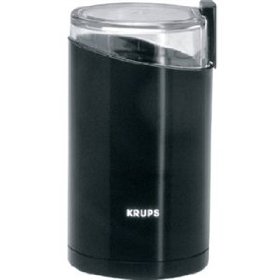
Pre-ground coffee is just as good as fresh ground. Okay, this is a tough one for me. The answer here is that yes, freshly ground coffee is always better because the oils begin to break down immediately after grinding. So, if possible, you should buy whole beans and a simple grinder for your home. However, if properly stored, pre-ground coffee can be acceptable. Again, acceptable coffee is better than no coffee.
The filter you use doesn’t matter. I think more research is needed on this one. Obviously, you should use the recommended filter for your coffee maker. Many people swear by the gold-plated filter that is used over and over again. Quite frankly, I have not been impressed by these. They seem to let a lot of sediment through. I like unbleached paper filters from a good brand. Cheap paper filters can have some problems because of what’s used to bleach the paper and other elements that might affect the taste. Plastic fine mesh reusable filters that come with some coffee makers are pretty much useless. They’re hard to clean and can lead to a build-up of rancid oils.
Distilled water is best for coffee. Wrong! Filtered water is best. The problem with distilled water is that it’s sterile. That is good for your steam iron, but lousy for almost anything else. The dissolved minerals in tap water are good. They’re even essential for your health and a part of what makes your water taste. Filtered water removes chlorine and other unnecessary contaminants without removing all the minerals. Regular tap water is usually not recommended, depending on the source of that water and where you live. Old pipes and main lines can also affect the taste of the water.
Boiling water is right for brewing good coffee. Water boils at 212ºF. The ideal temperature for brewing water is 200º, about 45 seconds off the boil. Water that’s too hot will release compounds that make the coffee bitter. On the other hand, many coffee makers don’t get the water quite hot enough. That’s why most of the better coffee brewing techniques use manual heating of the water rather than automatic coffee makers.
A French Press is better than drip coffee makers. Some people swear by the French Press as the best method of making the perfect cup. If you use home-ground high-quality coffee, you will get the most from it using this steeping method. However, be aware of possible health issues. Unfiltered coffee contains higher levels of a compound that increases the bad cholesterol in your body. So, if that’s a problem, be aware that the French Press methods could add to your problems. The filtering of a drip coffee maker removes most of that compound, so may be best if you drink a lot of coffee or have cholesterol issues.
Well, that should answer all your questions about making good coffee. But if you still have a question, feel free to leave a comment asking us, and we’ll try to find an answer in The Bachelor’s Kitchen.
